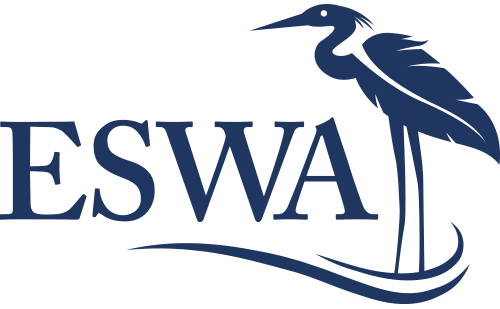 |
Bay to Ocean Writers Conference 2024
Session Descriptions
Fiction / Poetry |
Fiction 9:00AM – 9:50AM Focusing on the short story form, this workshop examines the benefits of Joseph Campbell's wisdom as it relates to story telling. Joseph Campbell's study, The Hero With A Thousand Faces, compresses into one book Campbell's decades of research in folklore, mythology, mysticism, anthropology, psychology, and world religions. This might seem like much. If you think so, you would agree with Campbell's PhD committee. When he proposed this "topic" for his dissertation, they insisted such a project would be too complex, that no one could possibly bring so many disciplines together in one work and make sense. They insisted that he minimize his parameters and write something less complex. He refused, and, as the saying goes, the rest is history. He never finished a PhD, but he did manage to publish more than 30 major works. His influence flows through contemporary thinking in psychology, religion, spirituality, sociology, and the interpretation of history. Utilizing the well-known story structure of the inciting incident through to the climax and denouement, we will look at how to use the components of Campbell's "Hero Cycle" to create characters, as well as help our characters become informed of the consequences of their choices by which we can develop both depth and dramatic tension in our own stories.
10:00AM – 10:50AM Think you can sit down and write a novel from start to finish by the seat of your pants? It's nearly impossible, and usually doesn't go well, even for seasoned writers like John Grisham who says he always has a chapter outline to go by. It's usually much easier, especially for first-time novelists, to have a plan in place to avoid writer's block and write a successful novel--namely, a chapter outline, premise, message or theme, main conflict/resolution, climax, character sketches, timeline, synopsis, decisions on audience, genre, title, setting and much more. But the good news is, writing a great novel CAN be learned! Construct your novel so you can let your writing flows and your book sells in this hands-on, informative and fun workshop.
11:00AM – 11:50AM Narrative tension is not just a storytelling tool--it's the lifeblood of riveting stories, whether you're writing genre fiction, memoirs, or non-fiction. Harnessing it effectively, however, can often feel like capturing lightning in a bottle. Join author Ariele Sieling on a journey into the heart of narrative tension. Learn what it is and why its role is crucial in storytelling. Delve into the subtle differences between macro tension and micro tension, explore strategies for balancing calm and chaos, and get up close and personal with the arsenal of tools available to keep your reader engrossed in the story. In this workshop, take a deep dive into narrative tension, and emerge with new strategies to keep your reader hooked from beginning to end.
1:30PM – 2:20PM Realistic dialogue can make your characters feel like living, breathing humans to your readers and conversely, almost nothing brings a reader out of a story more quickly than poorly rendered dialogue. In this workshop, we'll explore what makes dialogue sound authentic, the importance of ensuring different characters have different voices, as well as how to use dialogue tags for maximum impact. This workshop will include an in-session exercise and the opportunity--but not obligation--to share for group feedback.
2:30PM – 3:30PM Join three experts as they present an easy system to help you figure out where to send your work for the best fit, and also offer a publication polishing tip sheet. Bring your opening paragraph or a short poem and these three experts will give you immediate feedback, which will be optional and anonymous. An overview of where to search for lit mags will be included.
| Poetry 8:00AM – 8:50AM On a chair or on a mat, you can join in for a session of meditation, yoga, and writing. Breathe and move to settle your thoughts and find some inspiration. Then pick up a pen and write. Open to all levels, including first-time writers, meditators, and yoga practitioners. Simply listening is also an option. Participants need a notebook and pen and a yoga mat if they are practicing on the floor. *Any physical activity involves a risk of injury. Participants in any physical activity should always have medical clearance.
9:00AM – 9:50AM In this workshop, we will discuss how employing constraints can free the poet's mind from becoming a mere assembly line. From contemporary poetic forms like the American Cinquain and the Golden Shovel to the strict rules of the OuLiPo poets, restricting oneself to specific parameters "limit[s] the inhibiting power of our logical minds and can open us to a creative energy that feels larger than ourselves." (Annie Finch). Rules or rituals poets assign themselves before writing can also subvert the logical mind. We will discuss the poems of Harryette Mullen, Kimiko Hahn, Terrence Hayes, Adelaide Crapsey, and Wallace Stevens as well as the (soma)tic poetry & rituals of CA Conrad. Participants will have time to write poem(s) using their choice of restraints and share/discuss their work.
10:00AM – 10:50AM Come blend your artistic voice with someone else or the world's chorus. This generative workshop will use the concept of T.S. Eliot's "objective correlative" and a fun exercise from improv theatre to frame and prompt collaborative writing. For collaborative prompts we will use music, quotes, and if you wish, you can collaborate with a peer. Bring two copies of an unfinished poem you had abandoned, or page from prose never used or cut but still enticing, to play with here. This workshop led by G. H. Mosson will guest feature Marcus Colasurdo, with whom he's authored two collaborative chapbooks.
MARCUS COLASURDO is a poet of the page and stage, several collections of poetry and the novel, Angel City Taxi, and co-author with G. H. Mosson of Heart X-rays (PM Press 2019) and Simultaneous Revolutions (PM Press 2021). 11:00AM – 11:50AM Often we approach writing with our own agenda and forget poetry is a collaboration, that we are the reed the wind (poetry) blows through. Evidence is when we editorialize, proselytize, and virtue signal, via tone-deaf language, lack of fresh imagery, and forced form.
1:30PM – 2:20PM Many writers hit walls, writer's block, and fallow periods. Through a series of experimental forms and techniques via solo and collaborative exercises (some ancient, some modern), we will learn how to make old work new again, new work from the rubble pile of drafts that have gone nowhere, and (re)discover the joy of letting go of intention through the surprise of collaborative composition. These techniques will help participants view their own work, and the work of others, as fertile ground for making fresh starts. Participants will experience the delight in relinquishing the fear of failure with reinvigorated openness to the myriad possibilities of communicating and connecting with readers. Bring 1-3 drafts of your own work to play with (one page each, max).
2:30PM – 3:30PM The migrant is essential to American democracy and to American poetry. In this reading Indran, a migrant from Ceylon, will engage in a poetic dialog with the foundational poet of American democracy: Walt Whitman. Indran will read from his book The Migrant States. I |
More Session Descriptions |
Questions? |
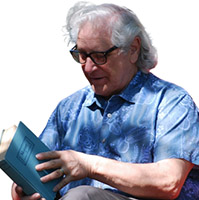 THOM BRUCIE's novel,
THOM BRUCIE's novel, 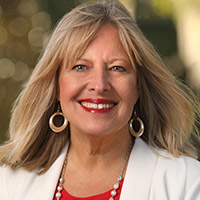 MICHELE CHYNOWETH is the bestselling author of five award-winning contemporary suspense novels that re-imagine Old Testament stories from the Bible in an edgy, modern-day way. She loves helping writers become authors and is a sought-after conference speaker, professional editor with several publishing houses, book coach, and founder of "Your Book Done Right"
MICHELE CHYNOWETH is the bestselling author of five award-winning contemporary suspense novels that re-imagine Old Testament stories from the Bible in an edgy, modern-day way. She loves helping writers become authors and is a sought-after conference speaker, professional editor with several publishing houses, book coach, and founder of "Your Book Done Right"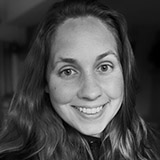 ARIELE SIELING
ARIELE SIELING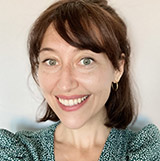 KATHLEEN BARBER
KATHLEEN BARBER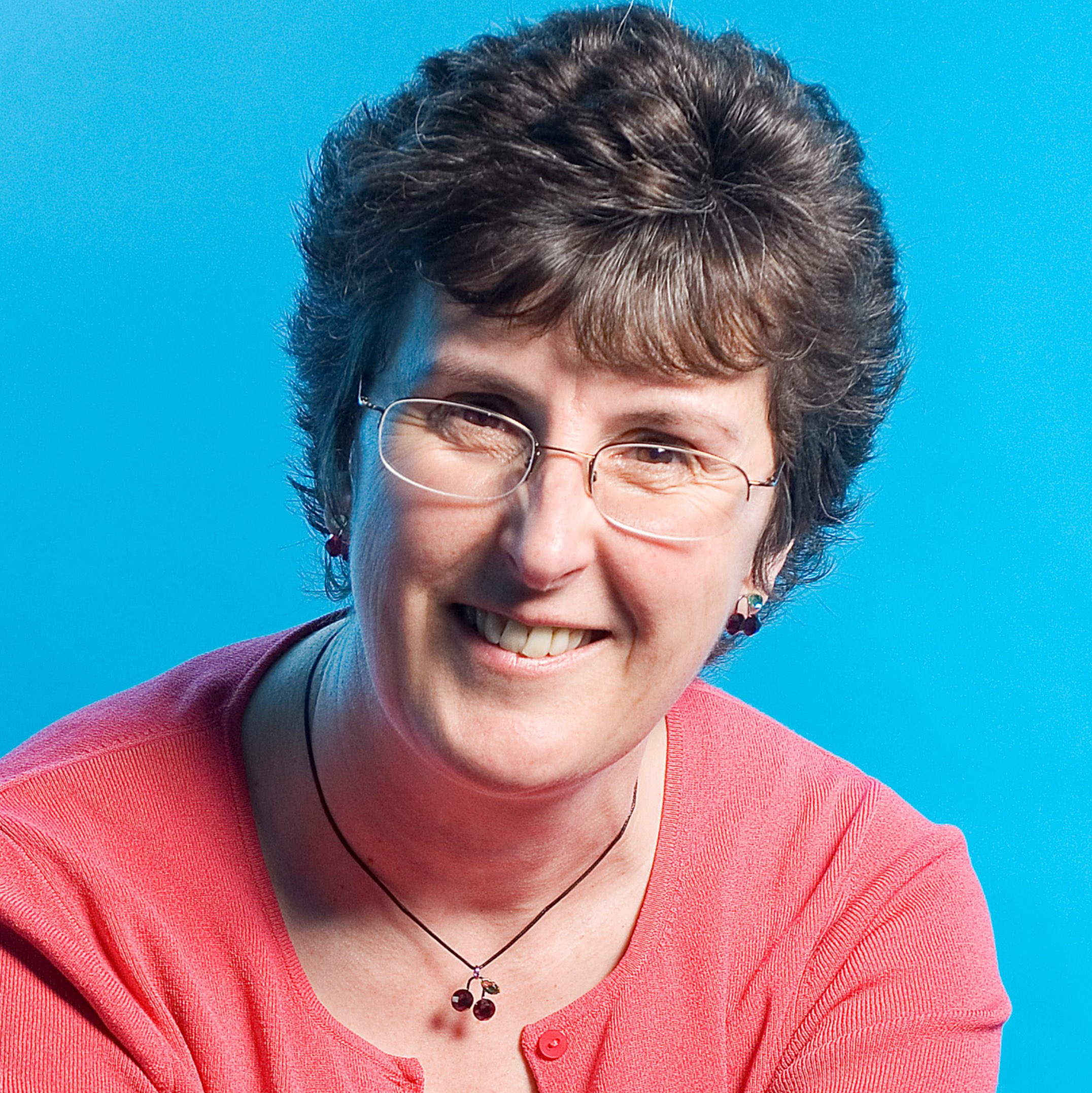 JULIE WAKEMAN-LINN
JULIE WAKEMAN-LINN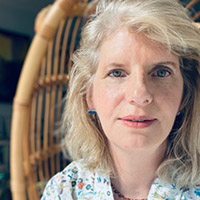 AMY HOLMAN
AMY HOLMAN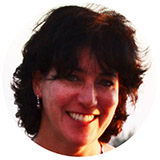 LISA K. FRIEDMAN
LISA K. FRIEDMAN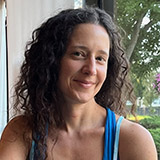 CHRISTINA M. RAU
CHRISTINA M. RAU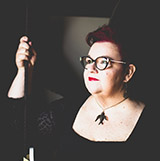 Winner of the 2020 Sandy Crimmins National Prize in Poetry,
Winner of the 2020 Sandy Crimmins National Prize in Poetry, 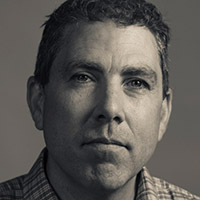 G.H. MOSSON G. H. Mosson is the author of two books and three chapbooks of poetry, including
G.H. MOSSON G. H. Mosson is the author of two books and three chapbooks of poetry, including 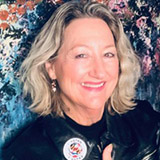 A 2012 Pushcart Prize recipient, NANCY MITCHELL is the author of
A 2012 Pushcart Prize recipient, NANCY MITCHELL is the author of 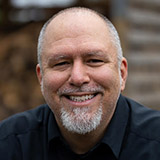 MATT HOHNER
MATT HOHNER 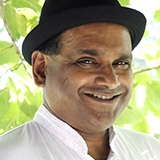 NDRAN AMIRTHANAYAGAM has published 23 poetry books. He edits
NDRAN AMIRTHANAYAGAM has published 23 poetry books. He edits 

